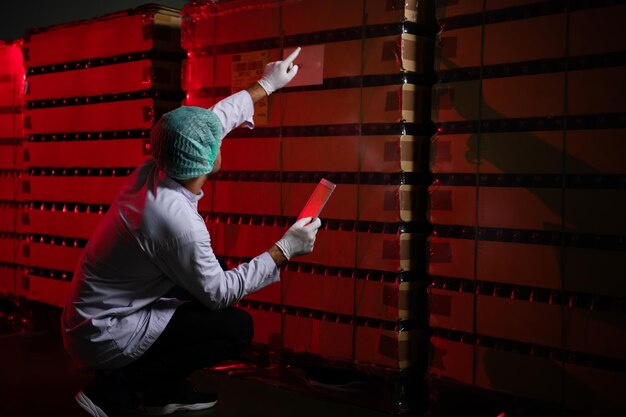How to Become a Morgue Technician: Essential Education and Certifications
Pursuing a career as a morgue technician involves a unique blend of skills and education. This occupation, centered around assisting forensic pathologists and handling post-mortem care, requires specific academic and professional qualifications. Typically, a prospective morgue tech should begin with a high school diploma or GED, but avenues for advancement open up with further education. Aspiring professionals often pursue an associate degree in mortuary science or forensic science, as these programs offer comprehensive training in anatomy, physiology, and post-mortem procedures. Furthermore, gaining certification in areas like forensic science technology can help sharpen relevant skills, providing a competitive edge in the field.
Field-specific training, such as an autopsy assistant or histotechnician certification, can also prove beneficial. These programs equip individuals with hands-on experience in handling specimens and understanding laboratory protocols, which are crucial skills in a morgue setting. While not always mandatory, earning a certification from institutions like the American Society for Clinical Pathology (ASCP) can boost job prospects. Undertaking a specialized license or certification can demonstrate an applicant’s dedication and competency, making them an attractive candidate for potential employers in medical examiner’s offices or hospitals.
Recommended Degrees and Certifications for Morgue Technicians:
- 🎓 Associate Degree: Mortuary Science, Forensic Science
- 📜 Certification: Forensic Science Technology
- 🏆 Specialized Certifications: Autopsy Assistant, Histotechnician (via ASCP)
- 🥼 Training Programs: Anatomy, Physiology, Laboratory Protocols

Related Topics
- Becoming Dental Hygienist
- Becoming A Phlebotomist
- Dental Hygienist Duration
- Dialysis Tech Timeline
- Dialysis Technician Timeline
- Flight Paramedic Duration
- Hygienist Timeline
- Become Lab Tech
- Mammography Tech Timeline
- MRI Technologist Duration
- Nurse Technician Timeline
- Pathologist Assistant Timeline
- Pediatric Sonographer Timeline
- Pharm Tech Timeline
- Pharmacy Technician Timeline